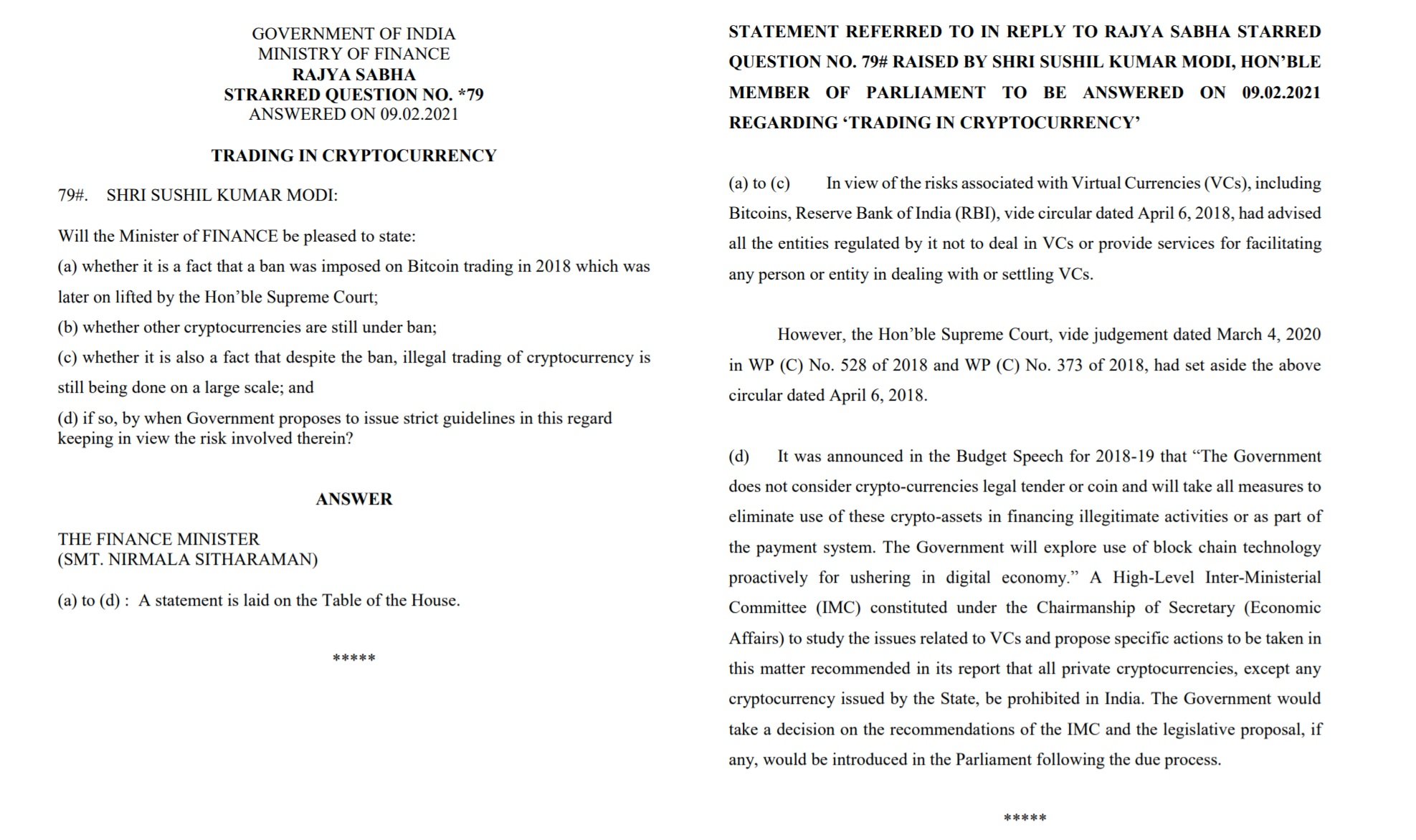Last updated: January 5, 2021
Got Questions Ministries does not give investment advice, but there is nothing in the Bible that would prohibit using cryptocurrency if it is legal in your area. At the time of this writing, the value of bitcoin has soared. Last year, The Wall Street Journal reports, the IRS added a question about cryptocurrency to tax forms. But it was in a part of the return that not every taxpayer had to fill out.
On December 31, 2020, just before the new year, the IRS released a second draft of Form 1040 for the 2020 tax season. This second draft differed from the one released in October 2020in that it provided even further clarity as to who needs to check ‘yes’ to the virtual currency (cryptocurrency) question that now exists at the top of Form 1040:
“At any time during 2020, did you receive, sell, send, exchange, or otherwise acquire any financial interest in any virtual currency?”

Updated 1040 Virtual Currency Guidance
The new guidance now declares that those who purchased cryptocurrency in 2020 (not just sold, traded, or exchanged) must answer ‘yes’ to the question.
This language was not present in the prior instructional guidance that was released in October.
The IRS will now know everyone who purchased cryptocurrency in 2020 as all taxpayers must answer this question under penalty of perjury.
<div></div>
When Must You Answer ‘Yes’ to the 1040 Virtual Currency Question?
You must answer yes to the virtual currency question if in 2020 you,
- purchased crypto
- received crypto (including if you received from an airdrop or fork)
- sold crypto for fiat currency (like USD)
- exchanged one crypto for another
- used cryptocurrency to buy goods and/or services
Keep in mind, just because you select ‘yes’ to the virtual currency tax question, does not necessarily mean you owe taxes on your crypto. For a complete breakdown of how cryptocurrency taxes work and when you do or do not owe taxes, check out our Complete Crypto Tax Guide.
When Can You Answer ‘No’ to The 1040 Virtual Currency Question?
The new 1040 instructions also clarified that you do not need to check ‘yes’ to the virtual currency question if in 2020 you only:
- held cryptocurrency in wallets or
- transferred them between their own wallets
Questions About Cryptocurrency
This is valuable clarification for long-term holders who were unsure if they needed to select yes or no to the question.
The IRS Is Cracking Down on Crypto Tax Compliance
It’s clear that the IRS is cracking down on crypto tax compliance. From the tens of thousands of CP2000’s that got sent out to the updated regulation, the agency is making a huge push.
Don Fort, the chief of the Internal Revenue office, recently made a public statement explaining that the agency is switching from “education to enforcement” in 2021 as reported by CoinTelegrah.
Questions?
If you have any question regarding cryptocurrency taxes and your specific position, feel free to reach our tax team via live-chat on our homepage. We have been doing this for a long time and are happy to help!
Digital currency is the future with Bitcoin, Ethereum, Z-cash, and Stellar lumens at the fore, among many. On Tuesday, the world's most popular cryptocurrency - Bitcoin soared to a record high of 34,800 dollars in Asia, marking an 800% surge since mid-March 2019.
A huge milestone, Bitcoin is all set to become a mainstream mode of payment by the end of 2021.
Some refer to Bitcoin as the new gold, but there is still a lot we don’t know. Who created it? Who controls it? Is it backed by any government? How does one use it? How do the transactions take place? And what about illegal transactions? We bring to you the answers.
Also read: Bitcoin passes $30,000 for the first time
Bitcoin is a purely online currency created from computer code, and has been in circulation since 2009. The identity of its creator remains a mystery to this day. Unlike traditional currencies, it has no central bank and is not backed by any government.
Instead, Bitcoin's community of users control and regulate it via the block chain, which a shared public ledger on which the entire bitcoin network relies. It's a mathematical process designed to provide anonymous & secure transfers.
Also read: US seizes bitcoins worth $1billion, the largest cryptocurrency haul in history
To get started, users can install a Bitcoin wallet on their computer or phone which generates an address unique to each transaction. They can use this to buy goods & services, even other currencies. The transactions are validated by members of the bitcoin community by tracing the origin of each bitcoin using a special software.
This technique is known as mining - a process that is intended to ensure that no single bitcoin can be spent in more than one place simultaneously. Members of this network are known as miners. They are pitted against one another as they race to solve increasingly complex ‘’cryptograms’’ on extremely powerful computers.
The fastest to do so are issued with new bitcoins as a reward for their efforts. This is the only way new bitcoins can be created. However, there is a limit to how many new bitcoins can be created - capped at 21 million units.
The advantages of this cryptocurrency are several - the transactions are anonymous, the transfers are instantaneous, and it’s all free of charges.
Also read: Twitter reveals how Bitcoin scammers hijacked celebrity accounts




To add to that - there is no price cap - and no middlemen.
Questions On Cryptocurrency
But that does not mean that there are no disadvantages - Bitcoin transactions are irreversible and it's an extremely volatile currency subject to wild fluctuations in price.
Cryptocurrency Question On Tax Return
Security is also an issue with digital wallets stored in computers or phones, vulnerable to theft by hackers. Lastly, the anonymous nature of Bitcoin makes it a popular currency for illegal transactions.
Basic Cryptocurrency Questions
In February 2016, a Los Angeles hospital had to pay 17,000 US dollars in bitcoins to hackers who took control of its computers for more than a week. But the benefits far outweigh the drawbacks, and the popularity of bitcoin is set to grow exponentially in this decade.